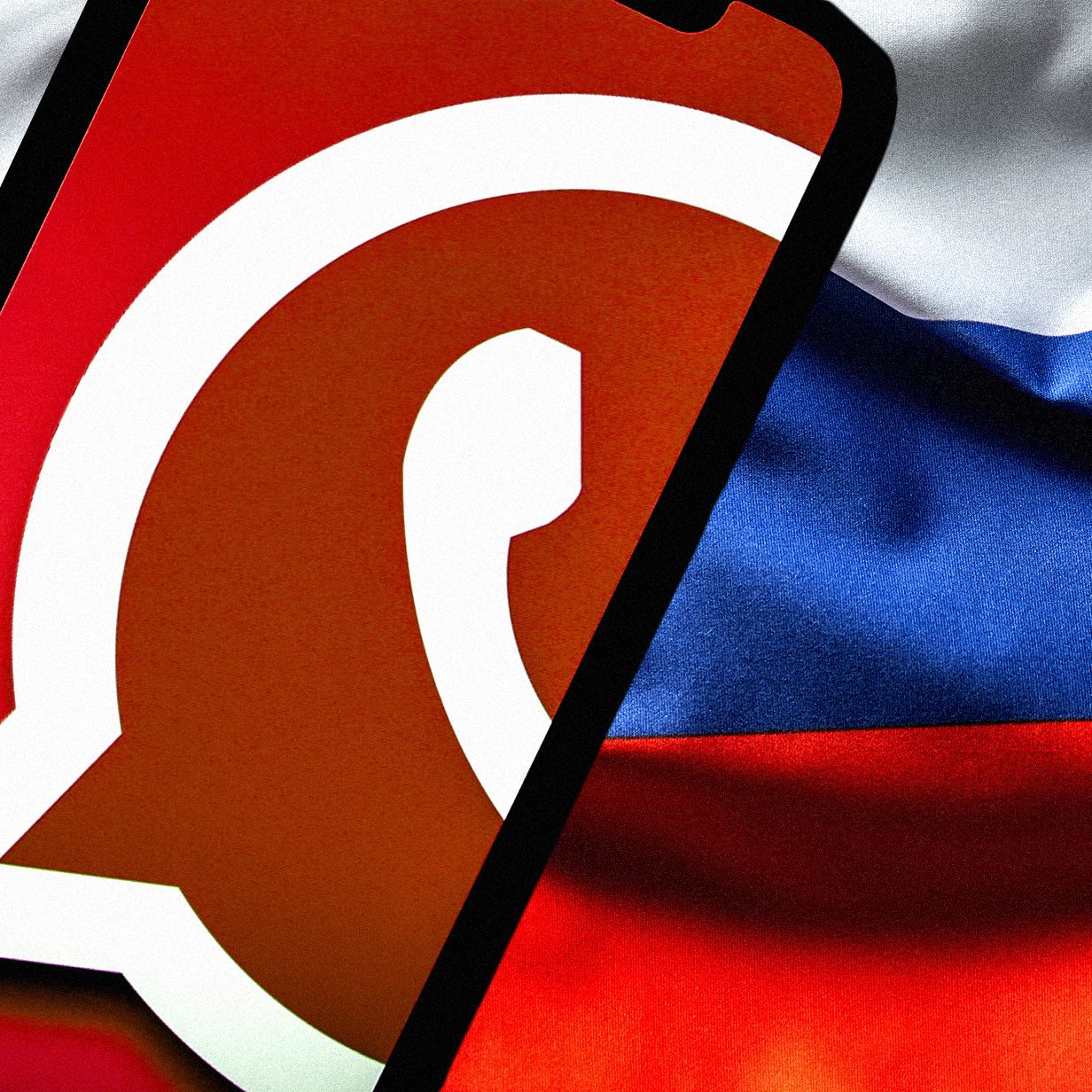Russia Is Cracking Down on End-to-End Encrypted Calls
…

Russia Is Cracking Down on End-to-End Encrypted Calls
Recently, the Russian government has taken steps to crack down on end-to-end encrypted calls, citing national security concerns. This move has sparked debate and controversy among privacy advocates and tech companies.
End-to-end encryption is a method of securing communication so that only the sender and the recipient can access the content, making it virtually impossible for anyone else, including governments and service providers, to intercept or access the data.
However, the Russian government argues that end-to-end encryption hinders their ability to monitor and prevent criminal activities, such as terrorism and extremism. As a result, they have introduced new regulations that require companies to provide access to encrypted calls upon request.
This has raised concerns about privacy and civil liberties, as it could potentially compromise the security of sensitive information and put individuals at risk of surveillance and censorship.
Some tech companies, such as WhatsApp and Signal, have pushed back against these regulations, stating that weakening encryption for law enforcement purposes could create vulnerabilities that could be exploited by malicious actors.
As the debate continues, it remains to be seen how these new regulations will impact the future of end-to-end encrypted calls in Russia and beyond.
Privacy advocates are calling for a balance between national security and individual privacy rights, urging governments to find alternative ways to address security concerns without compromising encryption standards.
Overall, the crackdown on end-to-end encrypted calls in Russia highlights the ongoing tension between privacy and security in the digital age.






